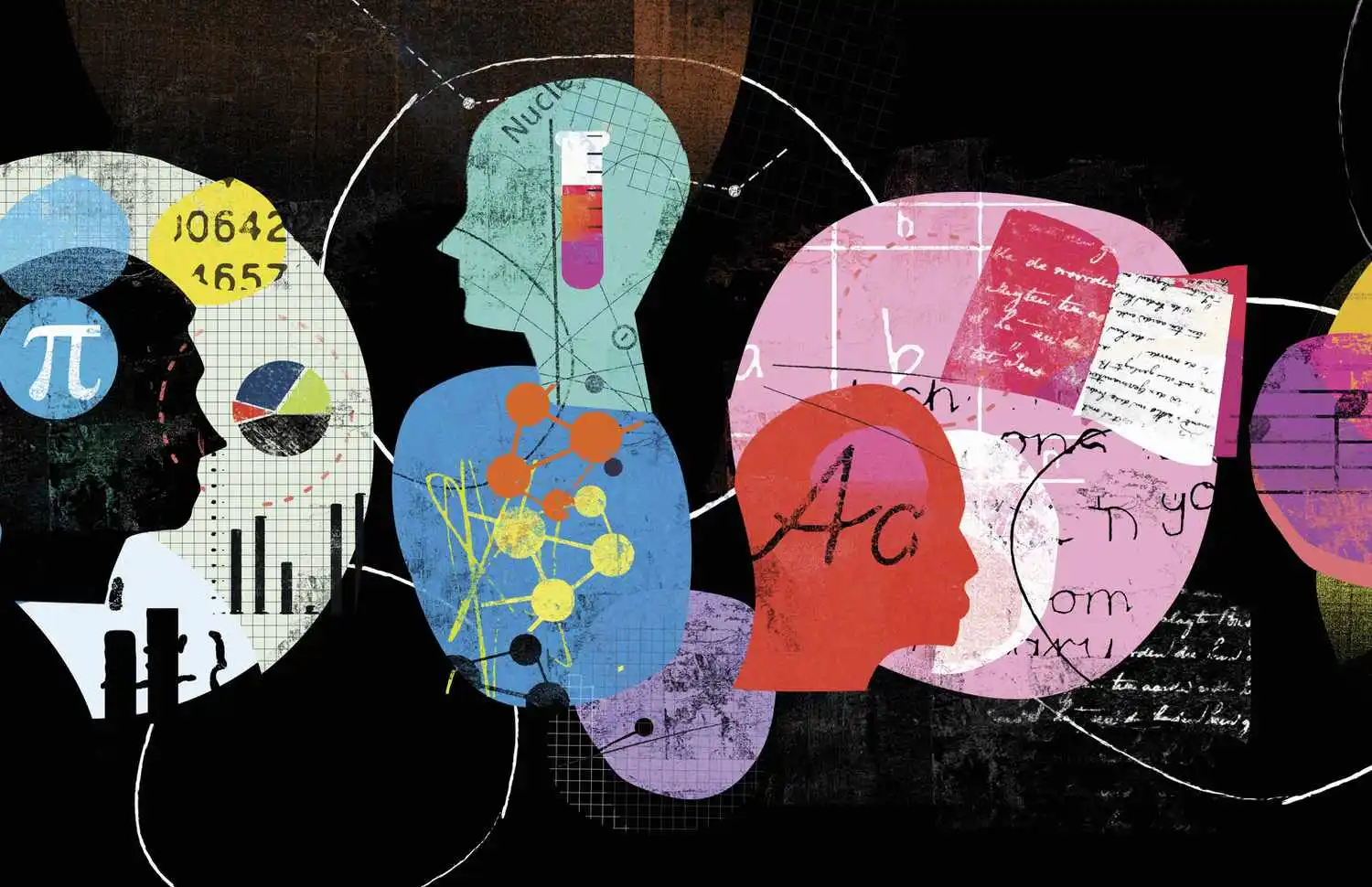In the arena of global innovation, STEM fields—Science, Technology, Engineering, and Mathematics—stand as pillars of progress. The United States, pursuing dominance in these sectors, has become the immigration target for the brightest minds worldwide. State-of-the-art research centers, a dynamic start-up ecosystem, and significant technological investments attracts thousands of top-notch talents to the U.S. every year. This phenomenon, often referred to as "brain drain," is not accidental but the result of strategic positioning by the U.S. to maintain its leadership in innovation and technology. The relationship between the U.S. and foreign STEM professionals is a testament to the country's longstanding aspiration to be at the forefront of technological breakthroughs, shaping a new era where knowledge is universal.
STEM Fields, Brain Drain, and the U.S.
The U.S. stands as a proof to the power of Science, Technology, Engineering, and Mathematics. These STEM fields are not just academic endeavors but the backbones of American innovation, driving economic growth and securing its status as a global leader. Moreover, the U.S.'s continuous pursuit for scientific advancement has positioned the nation as the center for future technology, with Silicon Valley emerging as a focal point for groundbreaking ideas within this larger trend.
Historically, the United States has financially thrived thanks to the intellect and creativity from its diverse population, including immigrants who have left permanent marks on the nation's STEM heritage. In fact, the U.S.’s industrial and technological revolutions were fueled, in part, by the contributions of foreign-born individuals, and the trend continues today. The American ideals of discovery and entrepreneurship resonate with STEM professionals all over the world and attract them to participate in the U.S.' pursuit of revolutionary progress.
This is, in essence, due to the mutual recognition of value between the U.S. and these talented individuals. The United States offers a variety of world-class opportunities for research, innovation, and professional development, while immigrants provide fresh perspectives and specialized skills. This exchange has brought the U.S. to the frontlines of positivist inquiry and emerging technologies, effectively making it the go-to destination for the world's brightest STEM professionals. Henceforth, the ongoing collaboration between American institutions and international talent is essential for sustaining the nation's economic leadership and scientific influence.

Biden-Harris Administration’s Actions on STEM Fields
Recognizing the vital role STEM fields play in national wealth, the Biden-Harris Administration has taken decisive steps to further strengthen the U.S.'s position in the global STEM industry. The White House has outlined a comprehensive strategy to empower the nation's economy and retain its universal competitiveness. Key initiatives include the Global Talent Attraction program, which stresses the significance of inviting international STEM experts to enrich the U.S. workforce. The Early Career STEM Research Initiative and the expansion of the STEM OPT program reflect a bold effort to provide international scholars and students with opportunities to engage in groundbreaking research on U.S. soil. Updates to the O-1A classification and National Interest Waivers show a commitment to simplifying the immigration process for individuals with extraordinary abilities in STEM fields. These proactive measures are designed to attract and keep the best and brightest, ensuring that the U.S. retains its leadership position in scientific and technological advancement.
Critical & Emerging Technologies and the Advent of Artificial Intelligence in STEM Fields
Within critical and emerging technologies industry, Artificial Intelligence (AI), Quantum Computing, and Cybersecurity stand out as pivotal areas shaping the future. These technologies are the superstars of innovation, driving revolutionary changes across industries and redefining the boundaries of what is possible.
Artificial Intelligence, in particular, represents a giant leap in technological progress and reshapes our personal and professional lives every day. As AI systems become more sophisticated, they influence sectors from healthcare to finance, making it a driving force behind modern tech epoch and a critical component of the U.S. strategic advantage. Moreover, AI’s rapid rise necessitates a workforce that is not only skilled but also forward-thinking and diverse, capable of pushing the limits of what it can achieve.
In this context, the contributions of immigrants are invaluable. The National Foundation for American Policy's (NFAP) study in June 2023 proves the immense impact that immigrants have had on the AI sector. With 65% of the top AI companies in the U.S. having immigrant founders or co-founders and 70% of full-time graduate students in AI-related fields coming from abroad, it is evident that the intellectual capital and entrepreneurial spirit of immigrants are key to the AI industry's success.

Fortunately, these STEM professionals are often the beneficiaries of specialized visas and Green Cards that recognize their exceptional talents and the significant roles they play in advancing U.S. interests. For example, the O-1 visa category, for those demonstrating extraordinary abilities, and the H-1B visa, a common choice for specialty occupation professionals, are popular options in bringing these individuals to the U.S. The EB-1A self-petition Green Card is reserved for those who can prove they are at the top of their field, offering them a pathway to permanent residency. Similarly, the EB-2 NIW (National Interest Waiver) Green Card, also a self-petition, is designed for professionals whose work is considered of national importance.
This strategic immigration framework is essential not just for filling immediate workforce gaps but also for supporting long-term innovation. By providing a clear path for talented AI professionals to contribute to the U.S. economy, the nation sustains its status as a global authority in AI research and development.
I can almost certainly say that the interplay between AI's rise and U.S.'s immigration policies will create a consistent flow of brain drain. As the United States continues to prioritize the development of AI and other critical technologies, it is likely to benefit from the increased issuance of visas and Green Cards to international STEM talents. This approach ensures that the U.S. remains as the vanguard of the global innovation landscape, continually attracting the brightest minds to contribute to a future where AI not only thrives but also serves the greater good.
